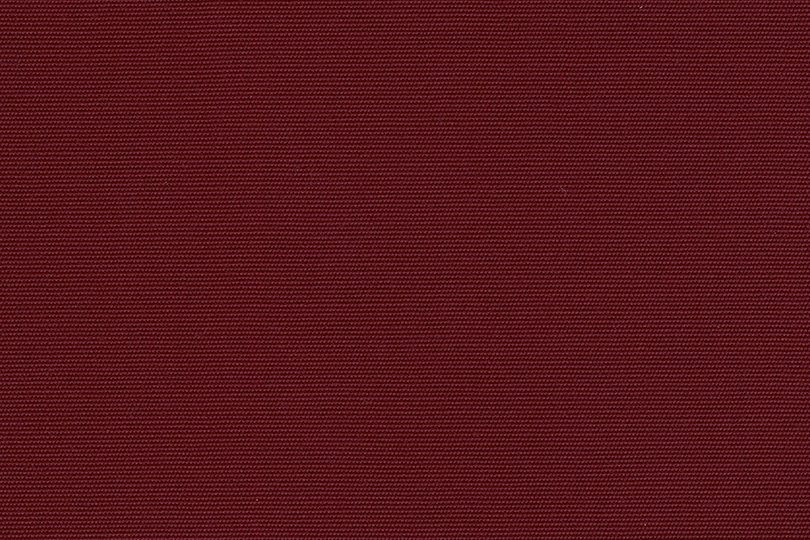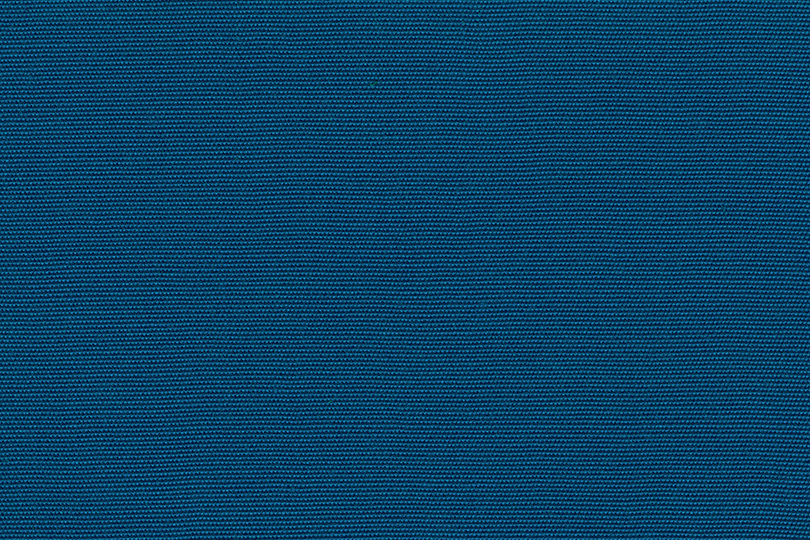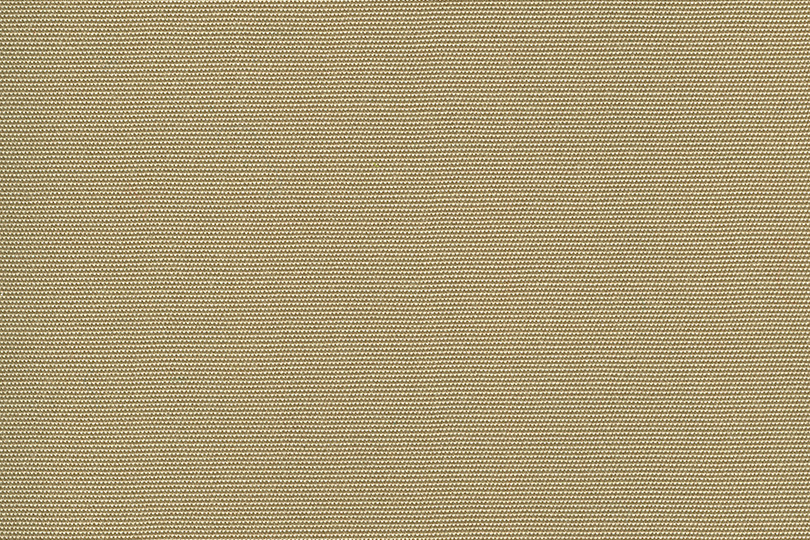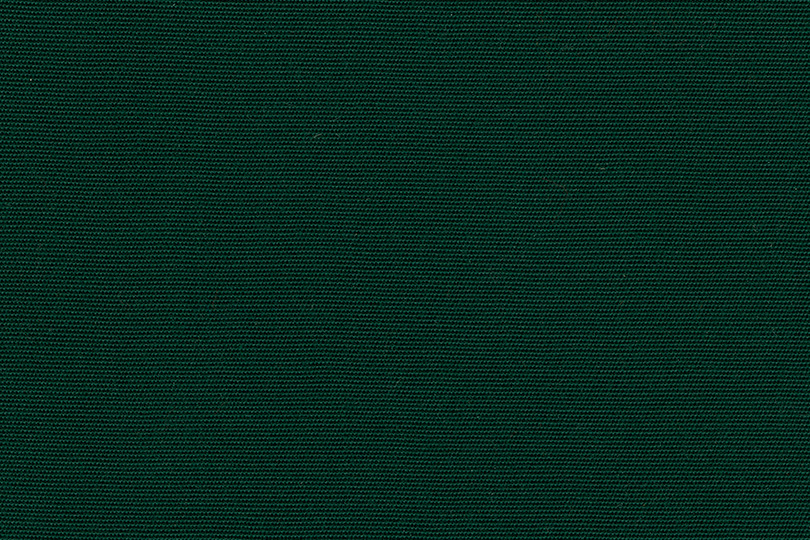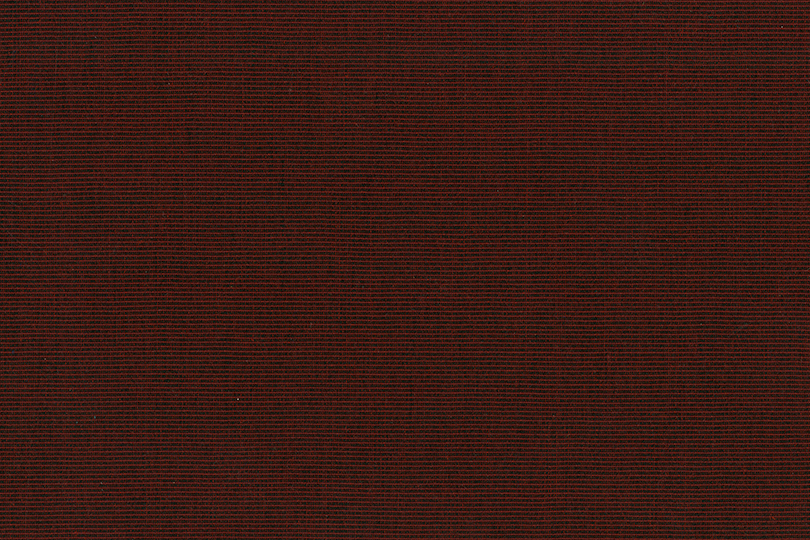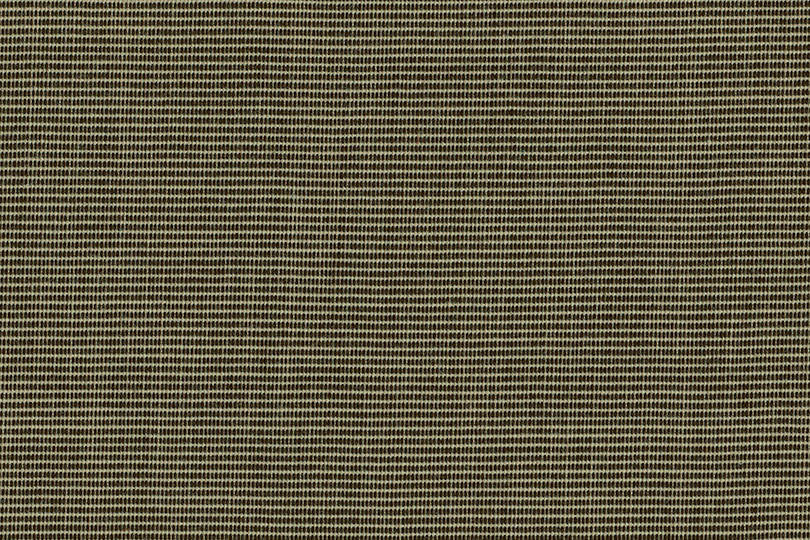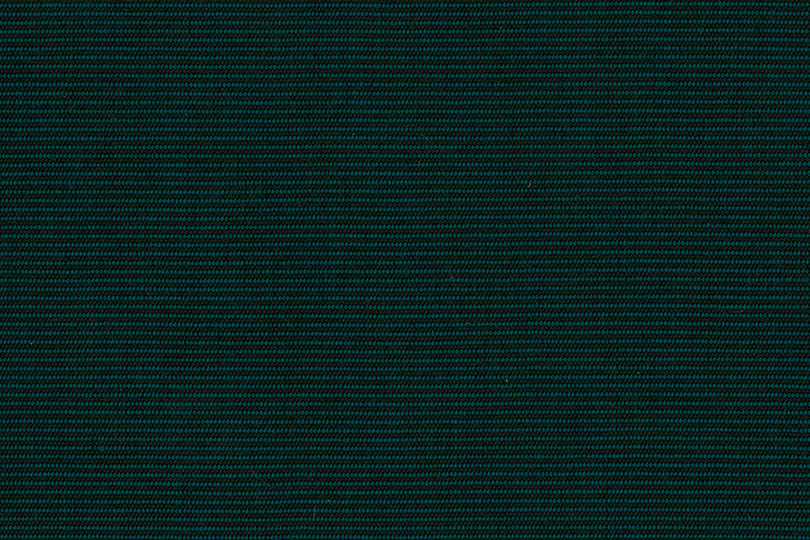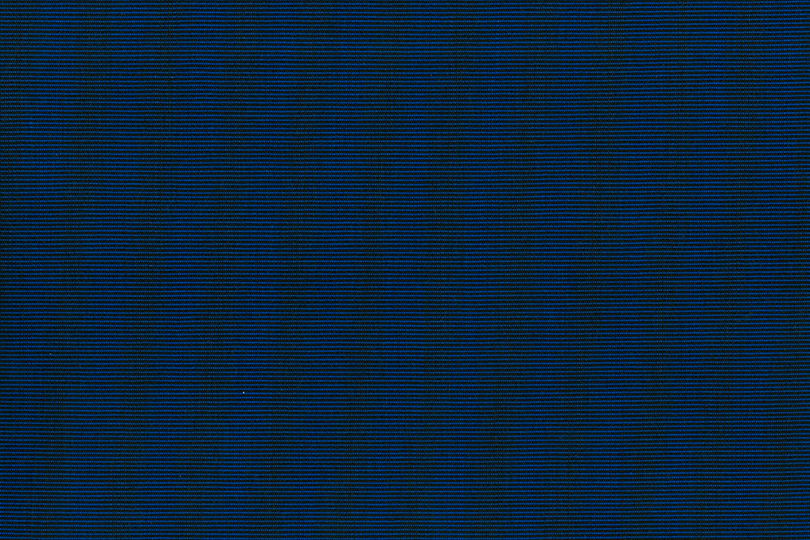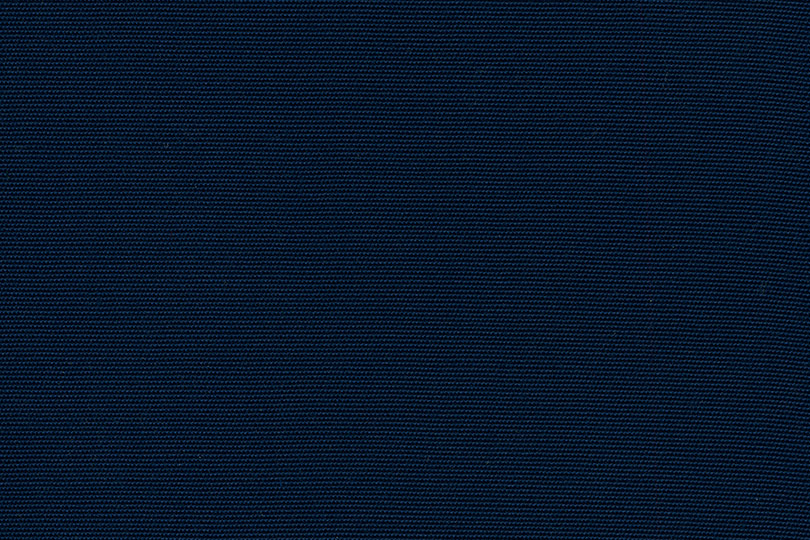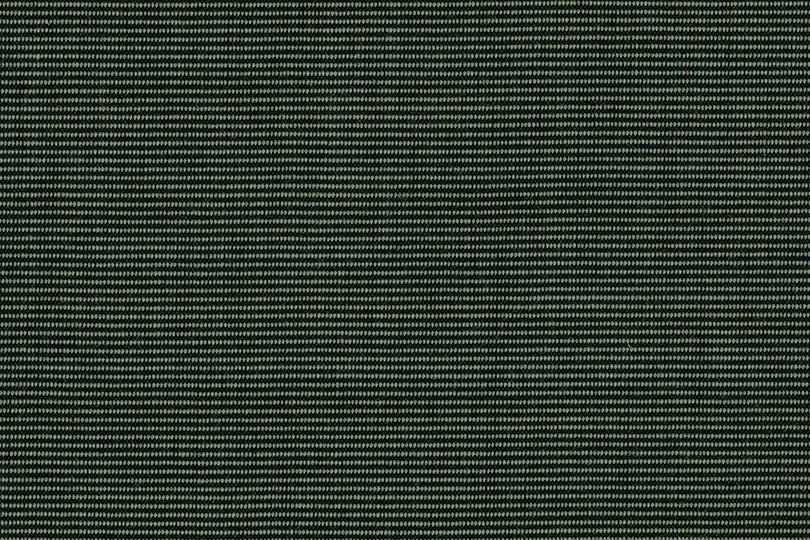Product Features
Recwater
![]() Sun Protection
Sun Protection
Fade Resistant
![]() Waterproof
Waterproof
Mildew Resistant
![]() Printable
Printable
Wide Variety of Colors
The Recwater canvases are made of solution-dyed acrylic fibers with PVC coating on one side, which makes it absolutely waterproof. The PVC coating is colored to match the color of the acrylic, making it possible to combine the elegance of the acrylic fabric with PVC’s waterproof performance.
The PVC coating is formulated to achieve perfect adhesion with the acrylic fabric. Unlike other products on the market, Recwater does not crack or roll and has excellent dimensional stability.
The PVC-free face is treated to achieve good water and oil repellency, while the coated side is engraved with a design that gives the PVC a fabric appearance.
Being a heavier product and more resistant than Recacril®, makes Recwater particularly suitable for boats that frequent areas with extreme weather conditions.
It is also suitable for awnings in rainy climates. If being used in an awning, the weight of the article should be taken into consideration when choosing hardware.
The Recwater canvases follow a rigorous quality control throughout the manufacturing process, meeting all requirements for obtaining approval of the UNE-EN 13561:2004+A1:2009 (performance requirements including awnings security).
Antimicrobial Treatment
Decay-causing microorganisms, such as molds, algae and bacteria can damage acrylic coated canvases. To guard against these microorganisms and ensure the quality of our fabrics, Recwater canvases are treated with antimicrobial products that offer optimal protection.
Antimicrobial products prevent microorganisms adhering to the fabric, however, these microorganisms may grow on dirt and other foreign substances if left on the fabric.
To maximize the lifetime of the Recwater canvas, it is essential to carry out periodic cleaning as described in the Maintenance Section.
Applications
Properties
Recwater Warranty
For 5 years after installation, RECASENS warranty covers their fabrics against decomposition and fading only, for regularly maintained fabrics under normal use and environmental conditions.
RECASENS will either, at its discretion, replace free of charge or reimburse the invoice value of the section of fabric recognized as faulty, excluding any costs or any other compensation for any reason whatsoever.
The warranty does not protect against any damage due to abuse, neglect, vandalism, burns of any kind, fires and natural disasters.
Consequently, the warranty excludes the following damages:
- Faulty maintenance or the use of unsuitable products or instruments: no detergent, chemical product or solvent can be used, NOR any scraper or other instrument that may damage the surface of the fibers.
- Defects due to the aging and normal wear of the fabric.
- Atmospheric or phytosanitary pollution.
- Soiling caused by animals.
- The repair of damage or defects in the fabric resulting from accidents or acts of nature.
- Faulty assembly or handling by the user, the projection of various products, hanging objects on the fabric, falling objects, bumps, road accidents, vandalism, burns from cigarettes or other sources, fire.
- Lightning or unusual climatic or environmental conditions.
The warranty excludes the cost of any mechanical device (hardware, mechanisms, structures, etc.) as well as any cost of manufacturing, assembly and installation.
The warranty takes effect from the date of installation of fixed-frame awnings, boat tops or any other product made with RECASENS canvases.
The RECASENS canvases are a component of the final product. If you detect any defective fabric, please contact the installer or distributor from whom you purchased the product.
Maintenance for Recwater Canvases
The high-tech Infinity Process finishing technique provides RECASENS canvases with long lasting protection against mold, as well as excellent water and oil repellency, making tops and covers that will protect you from both sun and water for many years.
However, the accumulation of dust, air pollution particles, foreign organic materials and general dirt can damage this protection, shortening the life of the canvas, so the fabric must be properly cleaned and maintained.
The most effective method for maintaining your canvas is to clean it once a month using a low pressure hose to prevent dirt accumulation. IMPORTANT: The fabric must be completely dry before closing or storing it.
The fabric may be left open in the rain, as rain will also help prevent the accumulation of dirt. If for any reason you have to store the canvas while it is still wet, open it as soon as possible to let it dry.
In addition to monthly rinsing, in most environments, the canvas will require a more thorough cleaning every 2-3 years. To clean your canvas:
- Brush off excess dust and dirt with a soft brush. NEVER brush with stiff brushes as that will damage the surface finish on the fibers.
- Spray the fabric with clean water. Do not use a high pressure hose. Use only low pressure hoses to clean the fabric.
- Prepare a solution of solvent-free soap in warm water (no more than 40ºC), and apply it to dissolve any dirt or debris accumulated on the surface of the fibers.
- Rinse thoroughly with water to remove all traces of soap.
- Let the canvas air dry fully tensioned, protected from the wind, until completely dry.
Recwater tarps are protected against the growth of fungi, however, fungi can grow on embedded dirt. A more intensive cleaning will remove these types of stains:
- Brush off excess dust and dirt with a soft brush. NEVER brush with stiff brushes as that will damage the surface finish on the fibers.
- Prepare a solution of 10% household bleach, 20% solvent-free neutral detergent and 70% water.
- Apply the solution to the fabric, and leave it on for 15-20 minutes maximum.
- Rinse with clean water several times, as residual bleach could damage the fabric.
- Let the fabric air dry fully tensioned, protected from the wind, until completely dry.
- Repeat the process if necessary.
Properly dispose of chemicals and dirty water to protect the environment. Bleach and other chemicals can damage or destroy surrounding plants, animals and other living matter.
Consumer Information
Some imperfections in material may occur due to handling during preparation or installation of the canvas. These small irregularities, such as veining, small folds or whitish streaks are inherent in the nature of acrylic fiber and do not affect the fabric properties. Such defects are inherent in the fabric, and are not the responsibility of the installer or manufacturer.
Whitish marbled streaks may form on the surface of the fabric during the folding, handling and fabrication. This effect, called “crazing,” is caused when folding the fabric causes microfractures to the finish, which causes light to refract off the fabric differently. This effect tends to appear more often in lighter colored fabrics.
Small folds can appear along the seams by rolling the canvas due to increased thickness of the seam compared to the rest of the canvas cover.

